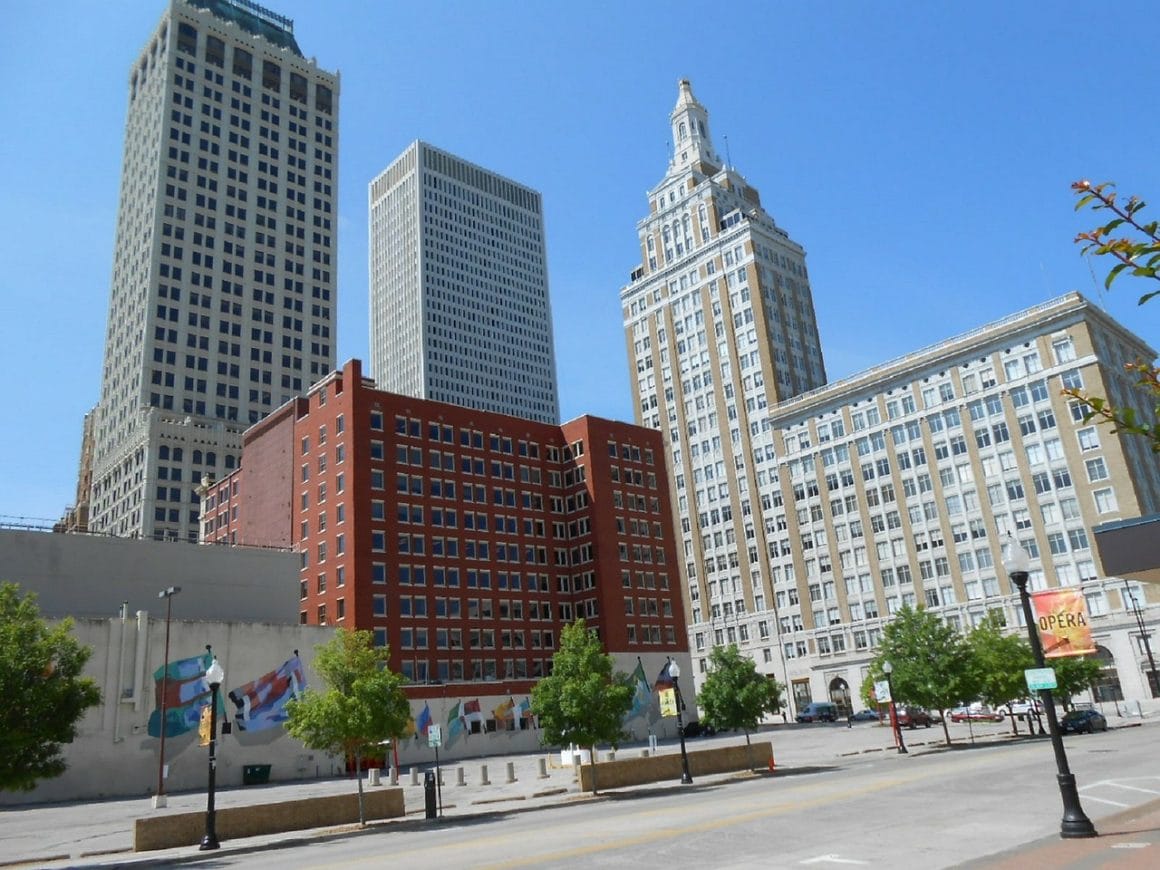After a year of pandemic, U.S. towns announce more plans to attract remote workers. In addition, smaller cities are offering cash to lure remote workers willing to relocate to smaller towns.
Following the first global lockdown, most remote workers relocated to more affordable locations. Meanwhile, local governments are launching campaigns and convenient packages to attract remote workers permanently.
For example, the city of Tulsa offers $10,000 in cash grants, free desk space, and exclusive perks for remote workers willing to move there. On the platform tulsaremote.com, remote employees can apply for grants, housing, desks and join the local community.
A few months ago, West Virginia also launched a new program for remote workers. The city of Morgantown gives a package with $12,000 in cash grants, a free year of outdoor activities, housing, and free co-working space. Or Montpelier, Vermont, provides $5,000 per year for remote workers relocating to the city for up to two years. Southwest Michigan has remote worker incentives up to $16,000 and $15,660 in perks to relocate to Maine, or $12,500 for moving to Newton, Iowa.
Finally, Las Vegas became the Zoom-town for tech talent. The State of Nevada implements its infrastructure to attract remote workers and tech firms in the region with benefits and cheap housing. But, as the former assistant secretary for the employment and training administration in the U.S. Department of Labor, Jane Oates points out, most of these cities lack the space to lure large corporations.
The focus to attract remote workers, however, can vary depending on the state. The trend to relocate to cheaper areas is becoming more popular.






